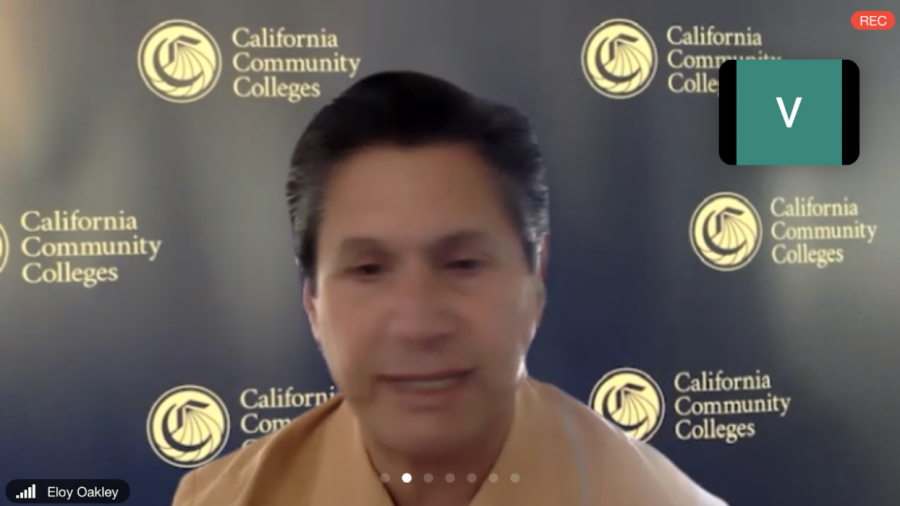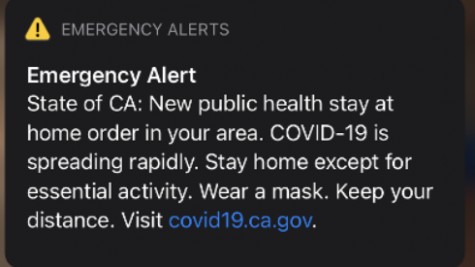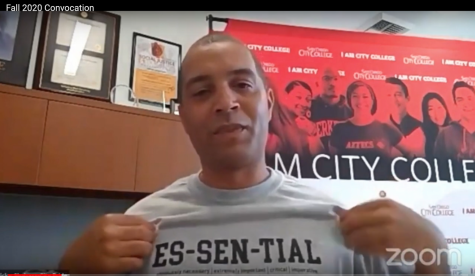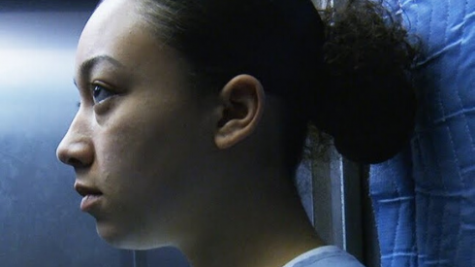State chancellor discusses emergency response to pandemic outbreak
California community colleges are preparing for the continuation of online classes
Chancellor of California Community Colleges Eloy Ortiz Oakley hosted a media teleconference on Zoom to answer questions regarding COVID-19 to media students. Photo by Valerie Vizcarra/City Times
April 28, 2020
Community colleges all over California are preparing for online instruction to continue, possibly through the fall term, according to California Community Colleges Chancellor Eloy Ortiz Oakley.
“Even if we are able to come back to campus, it won’t be in the same way that we’re used to,” Oakley said in a recent teleconference with 90 student journalists from across the state.
The chancellor also said that colleges have been instructed to prepare for similar circumstances into spring 2021.
“We need to continue to move courses onto Canvas, continue to provide faculty professional development, continue to think about how we operate and support our students in a remote environment,” Oakley said. “If we’re able to pull back from that, it would be great, but we expect some level of social distancing protocol in the fall.”
He said the state is preparing for online instruction with an online guide that will be a framework for future emergencies if online learning is necessary.
Cuts were announced in March beyond the previously drafted budget for the upcoming fiscal year, according to a letter sent to the state legislature by Governor Gavin Newsom.
Funding will go to ongoing programs that are considered essential and support students in their educational goals.
In addition, San Diego Community College District Chancellor Constance Carroll wrote in a district email last week that in the following year of 2020-21, some classes will be cut while others that meet the needs of most students will be selected for state funding.
“Our task right now is to prepare to serve our headcount of 100,000 students and FTES of approximately 37,000 students through fewer classes,” Carroll wrote, “which will be an expenditure savings of approximately $4.6 million.”
She also mentioned that the state’s revenues will not be known or even reasonably anticipated prior to the May revise, since the IRS income tax deadline has been moved from April 15 to July 15, due to the COVID-19 impact on filers.
“The budget committee announced that in August they will reconvene after revenues are better understood to determine whether or not there’s going to be additional cuts,” Oakley said.
According to the new flexible certification standards for nursing programs, such as San Diego City College, institutions are aligning with health programs to prepare for a potential surge in COVID-19 cases. Students in nursing who want to participate in the workforce can apply here.
“The flexibility that was granted allows our nursing students to participate in other types of clinical experience, including stimulation, medicine and care programs,” Oakley said, “to allow (students) to accomplish their clinical hours to meet the requirements and ensure the safety of our nursing students.”
In addition, the chancellors across the state, including SDCCD, have approved flexible policies regarding grading and enrollment refunds. The policies allow colleges the flexibility to issue excused withdrawals, which do not count against the students’ GPA or academic probation.
UC and CSU school systems are accepting pass and no pass, adjusting admissions for transfer students, said Executive Vice Chancellor of Educational Services Marty J. Alvarado, who was also included in the teleconference.
“They’re working with students who may not be completing (associate degree for transfer) and may need to defer enrollment or transfer, or may transfer a few units shy of the whole 60 required,” Alvarado said.
Also, if a student has a COVID-19 related circumstance, community colleges are expected to give a full refund.
“The colleges will not be penalized for giving that refund, so they won’t lose any enrollment dollars, and we are working to provide them backfill for the loss of student revenue,” Oakley said.
He also explained the importance of having every student and every community member be counted in this year’s census.
“College students are at risk of being undercounted in California and this is essential,” Oakley said. “It is important that students are fairly represented by our congressional leadership. The resources that we need, and representation, will be impacted by how many people are counted in the 2020 census.”
To participate in the 2020 census, click here.
For more information, recent updates and frequently asked questions visit here.














